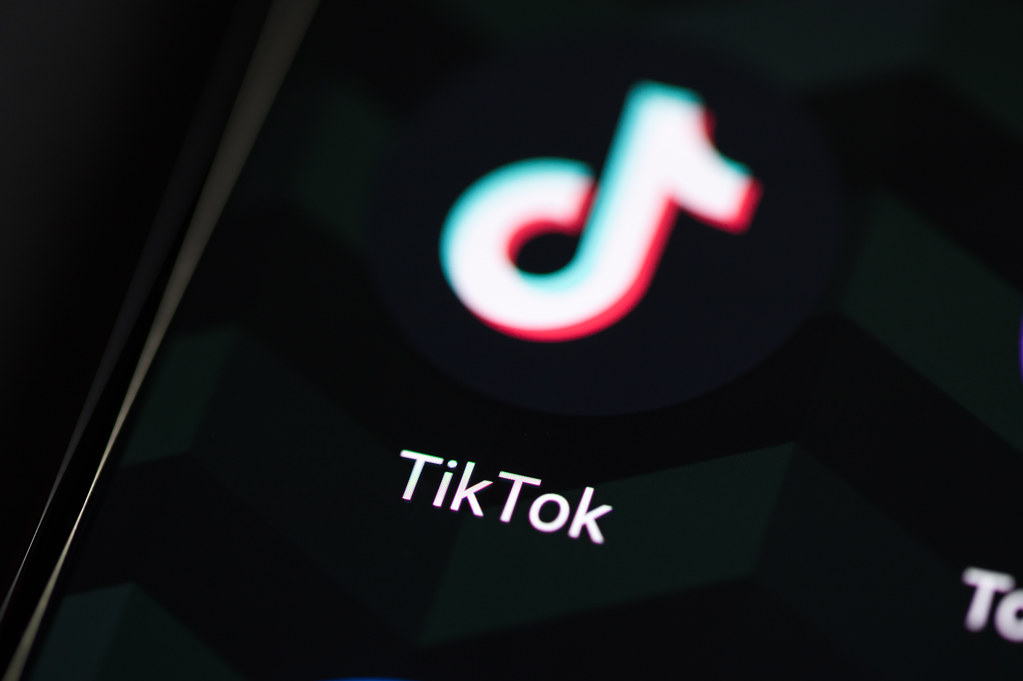Frances Marsh | Comment Editor
Social media has long been known to use algorithms to tailor their content, this is by no means a new phenomenon, however TikTok has taken this concept to a whole new level. The social media platform is notorious for its incredibly specific ÔÇÿfor you pageÔÇÖ feature which shows users content based on their interests, political views, lifestyle and more. This feature is so specifically tailored that it’s possible for two people using the platform to have entirely different experiences, and trends which might seem to be everywhere for one person can completely pass someone else by.
This is largely praised as a positive thing, it allows users to never see content that they find boring or that they disagree with and it pushes creators’ content out to people who actually want to see it. This means that even someone who has a very minimal following can have their video blow up unexpectedly as people who have a genuine interest interact and push it to more people’s feeds. This largely eliminates the need for things common on other social media platforms such as hashtags, instead, the app does the work for you. This is particularly useful for small businesses that may have previously struggled to reach their intended market as they can now advertise their products or services to the people who actually want to see them. Furthermore, many musicians have found that their music is reaching hundreds of thousands of people on the app, even if theyÔÇÖre relatively unknown. Whilst of course pushing the music to a larger audience is always a positive thing, it is also difficult to keep this momentum up as the algorithm is often unpredictable in which videos it pushes the most and whilst one video could have millions of views, the next one the artist posts might not. This is worsened by the fact that TikTok is in many ways eliminating the need to follow creator’s pages. Many users will solely stick to their ÔÇÿfor you pageÔÇÖ since the videos are all things TikTok thinks theyÔÇÖll be interested in, and donÔÇÖt feel the need to follow creators as their videos will eventually pop up on their feed anyway if itÔÇÖs something they would be interested in. This has created a trend of one-hit wonders who have one song top the charts and are never able to reach the same success.
Another slightly more sinister problem with TikTokÔÇÖs algorithm is its ability to reinforce the opinions people hold. When youÔÇÖre only seeing videos that are tailored to your worldview, it’s easy to think that everyone agrees with your way of seeing the world. This becomes particularly problematic when it comes to things such as politics, where a balanced and fair view of the information is crucial to making informed decisions. It’s also concerning when taking into account that many of TikTokÔÇÖs users are children, who are particularly susceptible to being influenced. For example, when a teenage boy interacts with a video that expresses misogynistic views (such as an Andrew Tate video), the algorithm assumes this is the content they want to see and keeps pushing it onto their feed. This can very quickly mean that this person’s entire ÔÇÿfor you pageÔÇÖ is now filled with this kind of content and it’s easy to see how someone could come to agree with radical or dangerous views if this is the only content theyÔÇÖre seeing.
TikTokÔÇÖs algorithm is groundbreaking in many ways and it certainly allows creators who might never have been successful in the past to push their content more easily. However, it’s important to remember to step back and remind ourselves that we are often being shown our own views bounced back to us in an echo chamber and that listening to opposing views from our own can sometimes be beneficial.
Image by Ivan Radic via Flickr. Image license found here. No changes were made to this image.





Add Comment